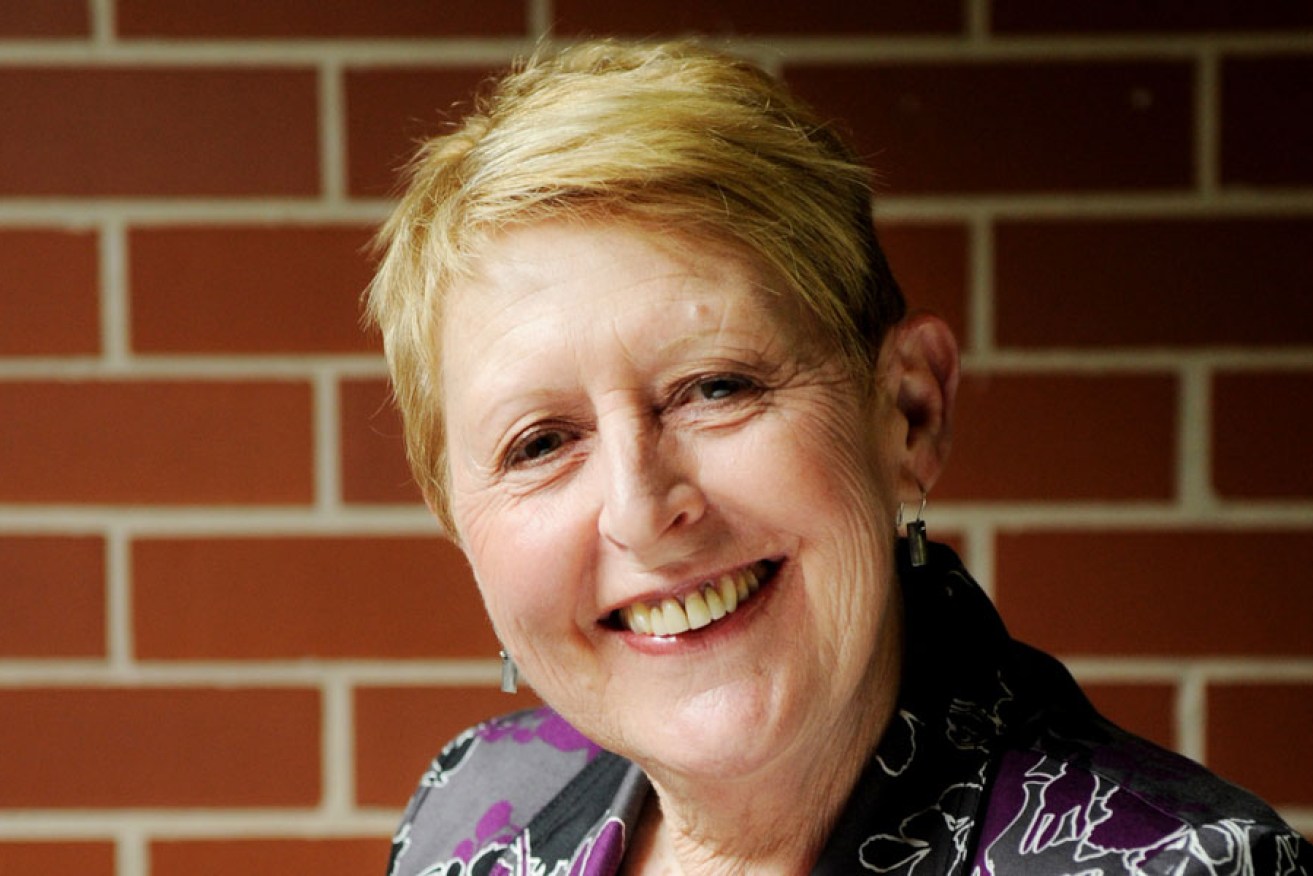Readers’ views on changes to the electoral system, Mem Fox’s concerns about her politician daughter and changes to education requirements for teachers.
JACQUELINE KINLOCH: May I suggest that it is Grandma who is exhausted – looking after a three and a half year old is exhausting (Mem Fox: I’ll celebrate if Chloe loses, InDaily, 25 November 2013). She is not doing her daughter any favours by announcing it and Chloe should be elected on her merit not on whether she has a child or not. All women in the work force have this “right” but unfortunately the reality is not true.
STEFAN LANDHERR: Clearly the major (and nearly major) parties want to restrict access to their cosy club by changing the voting system to favour themselves (Sitting MPs shut gate on lesser-known candidates, InDaily, 26 November 2013). Under the current voting system, if a candidate is elected it means that sufficiently many voters preferred that candidate over any of the losing candidates. How is this undemocratic ?
The incumbents probably have the numbers to force through the changes, but here are some questions for them:
(1) Will the 2.5% first preference cut-off apply to all candidates, including the 2nd and 3rd candidates on a party list?
(2) If the lower-order candidates on a party list are initially exempted from the 2.5% cut-off because of the argument that surplus votes (above the quota) from higher order candidates in the same party will flow down to them, what happens if, after the flow down, the lower-order candidate still has less than 2.5%? Why shouldn’t that candidate then be subject to the same cut-off as the initial micro-party losers? That candidate would be relying on preference flows from other parties – just like the micro-parties do now, so why the different treatment? That would be undemocratic.
(3) If the 2.5% cut-off is applied to lower-order candidates (as in fairness it should be) then what happens to that candidate’s votes? Will they be distributed according to that candidate’s preferences, as is done for “normally” excluded candidates under the current system?
(4) What happens if, say, 20 candidates each gain about 1% of first preference votes? Who will be brave enough to say to 20% of the voters “Sorry, you voted for the ‘wrong’ candidates and your votes won’t count”.
(5) Once you start tinkering with the voting system, where will you stop ? When an inconvenient minor party gets 3% of the vote and is elected on preferences, will a dominant government then raise the cut-off to 3.5% ?
NEVILLE BROWN: The proposed changes have nothing to do with democracy as claimed but rather quite the opposite. The 2.5% individual candidate line is totally undemocratic in that it solely bolsters the existing incumbents. It fails to understand that our system is built around not who you want in Parliament, but who you DO NOT Want in Parliament. It is obvious that if a person votes from a lesser known candidate they do NOT want any of the “well known” candidates. Restricting people from receiving preferences is abhorrent and anti-democratic.
What is it about a lesser known candidate that threatens the current system? The real problem is that lesser known candidates do not have the means to become better known. This may be a way of excluding highly competent candidates who do not have a party machine behind them. The real bogey man in this issue is the better known candidates who do preference deals solely to bolster t heir position and not in any way consistent with their principles. I vote below the line always, as I disagree with the preference deal rorts that appear to be the order of the day. If I consciously choose to vote for a quality but lesser known candidate then this means that my vote will be of lesser value than someone who does not think about the candidates and simply follows the party line.
MICHAEL SCHILLING: The State Government’s new policy on requiring teachers to have a master’s degree is an interesting move (Labor promises new city high school, InDaily, 26 November 2013). It aims high, hopefully based on some solid research on its likely impacts on the budget, the economy and, most importantly, on the ability to really lift educational performance through that approach.
Of course, some critics would argue that it is trying to build a house without first ensuring a solid foundation. One has to wonder whether the new policy should have been preceded by a thorough examination of our current undergraduate teacher training offerings. Perhaps reshaping those to ensure the best possible quality, including extensive supervised practical classroom experience, would be an important first step. Postgraduate qualifications, including a master’s degree are important desirables, – but they should not be essential until we get our undergraduate training up the highest possible standard. It appears that Government has done some good thinking, but perhaps without making some practical connections.
Send us letters via email to [email protected], including your full name. The editor reserves the right to edit letters.
Or join the discussion on our Facebook page.





